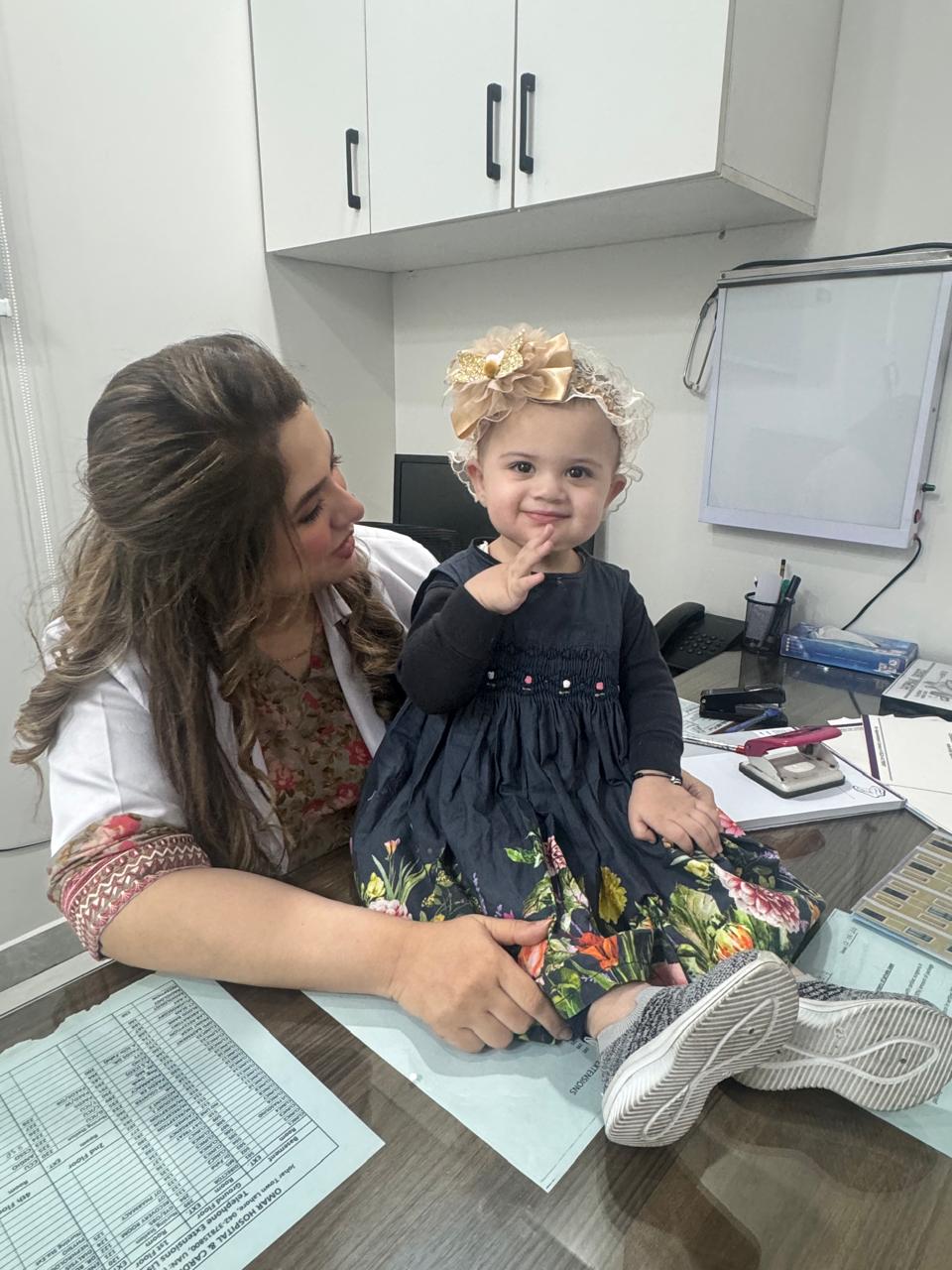Understanding Special Treatments: A Comprehensive Guide
In today’s rapidly evolving world, the term “special treatment” often surfaces across various fields—from medicine to education, and even in customer service. This comprehensive guide will delve into what special treatments entail, their importance, and their application in different contexts.
Defining Special Treatment
Special treatment refers to tailored or customized approaches designed to meet the unique needs of individuals or groups. This concept spans multiple areas, including healthcare, education, and customer service. Unlike standard procedures, special treatments are personalized to address specific requirements, ensuring that each individual receives the most appropriate and effective care or service.
Special Treatments in Healthcare
In the realm of healthcare, special treatments are crucial for addressing unique medical needs. This can include:
- Personalized Medicine: This approach involves customizing medical treatment to the individual characteristics of each patient. It includes genetic testing to tailor drug prescriptions and therapies that are most effective based on a patient’s genetic makeup.
- Specialist Care: Patients with rare or complex conditions often require care from specialists. For example, someone with a rare genetic disorder may need to consult with a specialist who has experience with that specific condition.
- Rehabilitation Services: Tailored rehabilitation programs are designed for individuals recovering from serious injuries or surgeries. These programs are personalized to match the patient’s specific recovery needs, promoting more effective healing and recovery.
- Mental Health Support: Special treatments in mental health can include personalized therapy sessions or counseling tailored to address individual psychological and emotional needs. This might involve specific therapeutic techniques or medications suited to the individual’s condition.
Special Treatments in Education
Educational institutions also implement special treatments to cater to diverse learning needs. These treatments can be crucial for fostering an inclusive learning environment. Examples include:
- Individualized Education Plans (IEPs): For students with learning disabilities or special needs, IEPs outline customized learning objectives and accommodations to support their educational journey. These plans are developed in collaboration with educators, parents, and specialists.
- Adaptive Learning Technologies: Technologies designed to adapt to the learner’s pace and style can provide special treatment for students who may struggle with traditional teaching methods. These tools can offer personalized feedback and resources to enhance learning.
- Enrichment Programs: For advanced learners, special treatment might involve enrichment programs that offer advanced coursework or extracurricular activities tailored to their interests and abilities.
Special Treatments in Customer Service
Exceptional customer service often involves providing special treatment to enhance the customer experience. This approach can lead to increased satisfaction and loyalty. Examples include:
- Personalized Service: Understanding and addressing the specific needs of each customer can lead to a more satisfying experience. This might involve customizing products or services based on customer preferences or previous interactions.
- VIP Programs: Many businesses offer special treatment to their most loyal customers through VIP programs. These programs may include exclusive offers, early access to new products, or dedicated support services.
- Customer Feedback Integration: Implementing changes based on customer feedback shows a commitment to addressing individual concerns and improving the overall experience.
The Importance of Special Treatments
The implementation of special treatments plays a significant role in various sectors:
- Enhanced Effectiveness: By tailoring treatments or services to individual needs, the effectiveness of interventions can be significantly improved. Personalized approaches are often more effective than one-size-fits-all solutions.
- Increased Satisfaction: Whether in healthcare, education, or customer service, special treatments often lead to higher levels of satisfaction. Individuals feel valued and understood when their unique needs are addressed.
- Fostering Inclusion: Special treatments can promote inclusion by providing support and accommodations that help individuals from diverse backgrounds or with varying needs to succeed and feel supported.
- Building Trust: Offering personalized attention and addressing specific needs can help build trust between service providers and individuals. This trust is essential for fostering long-term relationships and ensuring ongoing support.
Challenges and Considerations
While special treatments offer numerous benefits, they also come with challenges:
- Resource Intensive: Implementing special treatments can be resource-intensive, requiring time, effort, and financial investment. This can be particularly challenging for institutions with limited resources.
- Consistency: Ensuring consistent application of special treatments can be difficult, especially in large organizations or institutions. It’s essential to establish clear guidelines and training to maintain quality.
- Privacy Concerns: Personalizing treatments often involves handling sensitive information. It is crucial to ensure that data privacy and security are maintained to protect individuals’ information.
- Equity Issues: There is a need to balance special treatments with equitable access to resources. Care must be taken to ensure that special treatments do not inadvertently create disparities among individuals or groups.
Future Trends in Special Treatments
As technology and research advance, the scope of special treatments is likely to expand:
- Artificial Intelligence (AI) and Machine Learning: These technologies can enhance the customization of treatments by analyzing vast amounts of data to predict individual needs and preferences more accurately.
- Genomics and Biotechnology: Advances in genomics and biotechnology are expected to further personalize medical treatments, improving outcomes for patients with complex conditions.
- Enhanced Digital Tools: The development of more sophisticated digital tools will provide even greater opportunities for personalized education and customer service, offering tailored experiences based on real-time data and interactions.
- Increased Focus on Mental Health: There is a growing recognition of the importance of mental health, leading to more personalized and comprehensive approaches to mental health care and support.
